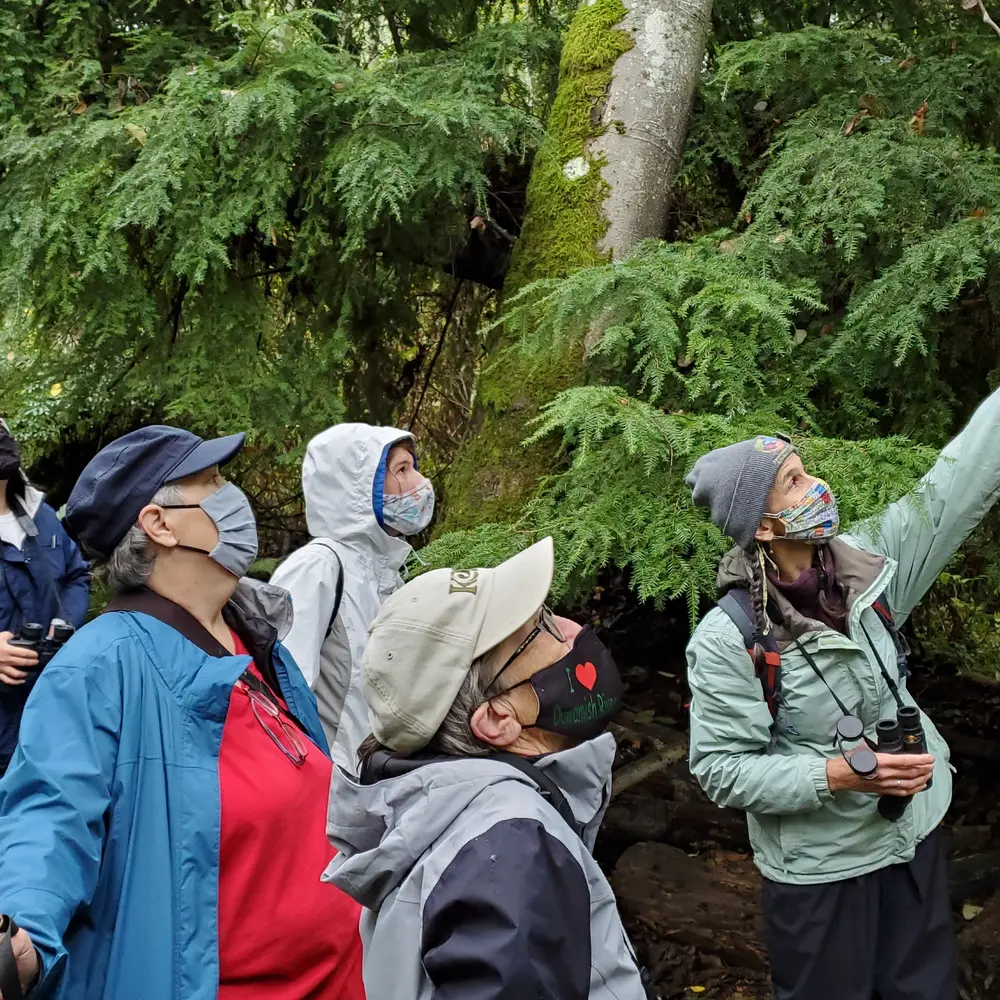Established in 2006, the Vision and Call internship program is built on the belief that life’s longer lessons, the ideas that shape commitment and souls, are often best learned through an apprenticeship experience and worked out through a community of mentors and peers. Each internship experience is expected to incorporate six essentials elements. In a special blog post series, current Vision and Call organizational leaders share their insight into the value and importance of these essential elements.
Today’s guest post is by John Hudson, Founder, 100 Fold Studio and John Franklin, Program Director, Murdock Trust. They speak to us about Essential 3- The Apprenticeship Model of Learning.

Learning how to master a task requires two primary phases – the academic phase and the practical phase.
The academic phase is like the time spent in the classroom. You learn the fundamentals of what the task requires and how they can be applied. This could be as simple as your supervisor telling you which way to draw a door swing, or it could be as complex as carefully reviewing the foundations and structure for a high-rise building.
This is then followed by a practical phase where you put academic knowledge to the test in a real-world, hands on environment. You may know technically how to draw doors in floorplans, but what happens if the door blocks passage from an adjacent room or is not sized correctly for wheelchair accessibility, or swings the wrong direction for a crowd exiting a fire? You may know how concrete and steel form a foundation but what if your design is not appropriate for the local soil conditions?
Real world, hands on experience is vital to the successful growth and development of a professional as it provides an opportunity to test academic theory in an imperfect environment. It’s how we learn to adapt and how we plan for potential challenges. As a rule, internships are designed to provide this sort of hands on practice for emerging professionals. But in some cases, a more robust approach is called for.
Many industries rely on an apprenticeship model as part of their training. Similar to an internship in that it offers hands on training in a professional field, an apprenticeship model goes deeper. Apprentices spend months working alongside experienced professionals. During this time, the professional has the opportunity to share a wide array of practical knowledge and wisdom with the apprentice as they work along a variety of scenarios. As the apprentice takes on more and more responsibility, they can take on ever growing challenges as they know they have the “safety net” of their mentor watching over their shoulder.
Of tantamount importance, the apprenticeship approach helps invest in a deep relationship between the mentor and the intern. We often use the phrase “over the shoulder and through the heart” to describe this connection. The apprenticeship model is about more than simply teaching someone to do a job. It is giving that individual the confidence that someone is watching over them to ensure they succeed while also looking into them and investing in who they are as a person. At the same time, this model allows the intern to see through the heart of the leader and to be directly impacted by their passion, vision and work.
We live in a time of Imposter Syndrome where individuals fear that everyone else knows the correct response or action at all times and it is only a matter of time before they are caught as being a “fraud.” This can make it more difficult for emerging professionals to raise concerns or doubts about their own work or process. By investing in a deep connection between leader and intern, it becomes easier for the emerging professional to open up about challenges they are facing and the two can talk through possible solutions in a productive and constructive way.
By utilizing the apprenticeship model, we find that our Vision and Call interns gain a much more robust understanding of our work and carry a greater level of confidence as they launch into their career.
Photo by Priscilla Du Preez on Unsplash
The post Vision and Call Essentials – The Apprenticeship Model of Learning appeared first on M. J. Murdock Charitable Trust.







